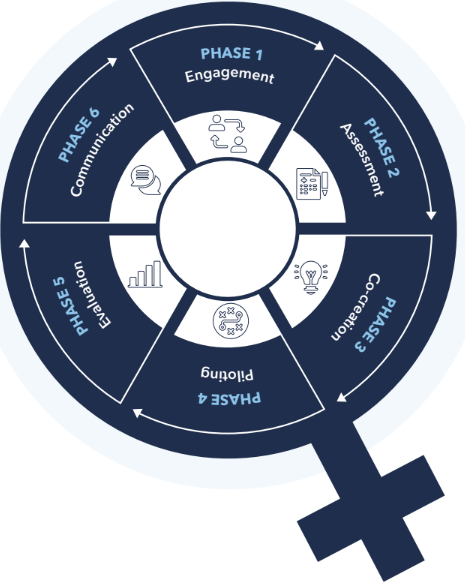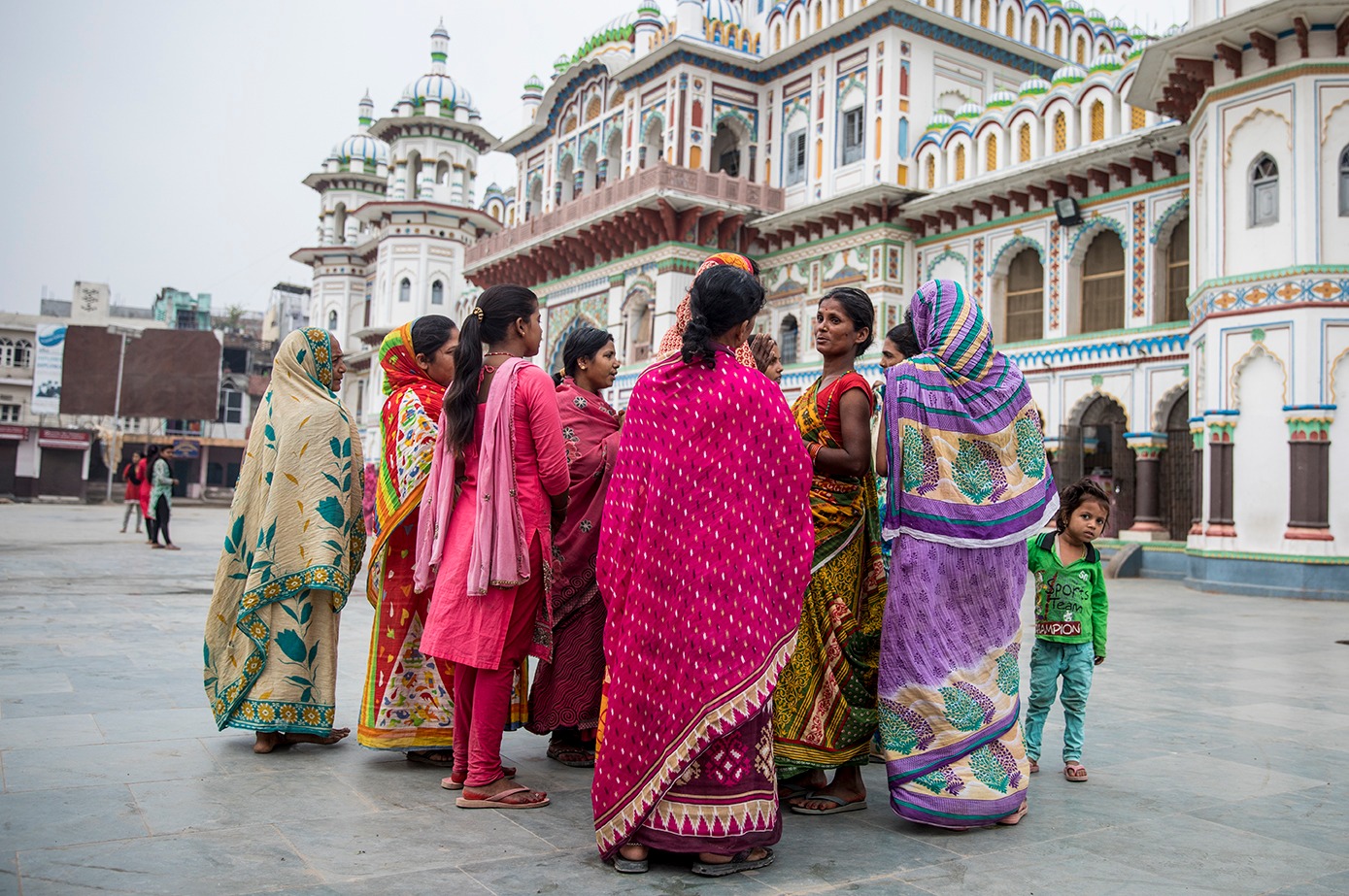Cities that work for women work for everyone
Recognizing that more inclusive cities for women are more equitable for everyone, Cities Alliance specifically targets women and girls' needs and priorities, aiming to increase their engagement in urban development and governance as well as the well-being and sustainability of their cities and communities.
To do so, Cities Alliance works with local authorities, partners, and stakeholders to collect data and evidence, raise awareness, build capacity, and develop urban projects to address the issues identified in this participatory process.
Why do we need gender-transformative cities?
Almost everything in our cities has been designed and shaped by men, often reflecting the needs and aspirations of the wealthy and powerful. Gender inequalities are built into virtually every aspect of our cities, from public spaces to service provision, transportation, land management, and housing.
These inequalities are becoming greater as cities grow. By 2030, 60% of the world’s population will live in urban areas. Planning and building cities that are truly inclusive – that take the needs of all residents into account – can improve and protect the lives and livelihoods of women and girls and also help dismantle inequalities.
Cities have the capability of providing something for everybody, only because, and only when, they are created by everybody.
Jane Jacobs, Urbanist and Activist
The Cities for Women Framework
We use the following six-phases approach in order to collaborate with communities, governments, and civil society to create more inclusive and equitable cities:
Engagement and Assessment: A set of tools is used to collect sex-disaggregated data on access to services and opportunities in cities. It is a participatory process that engages women and girls in identifying priorities for action by sharing their experiences and mapping their neighborhoods. The
diversity of women is an important element of the design of a participatory process; it should target those who are normally excluded from decision-making processes.
Co-creation and Piloting: Cities Alliance supports local authorities and communities to develop policy responses and interventions that respond to identified challenges. Then, the ideas and solutions are tested through pilot projects, particularly the implementation of women-led infrastructures or services that take into consideration specific women’s issues.
Evaluation and Communication: This part of the approach involves assessing the impact of pilot projects and using the impact data to advocate for a gender-sensitive approach to urban development.

Watch this video to see how and where we are working to overcome gender inequalities in cities.

